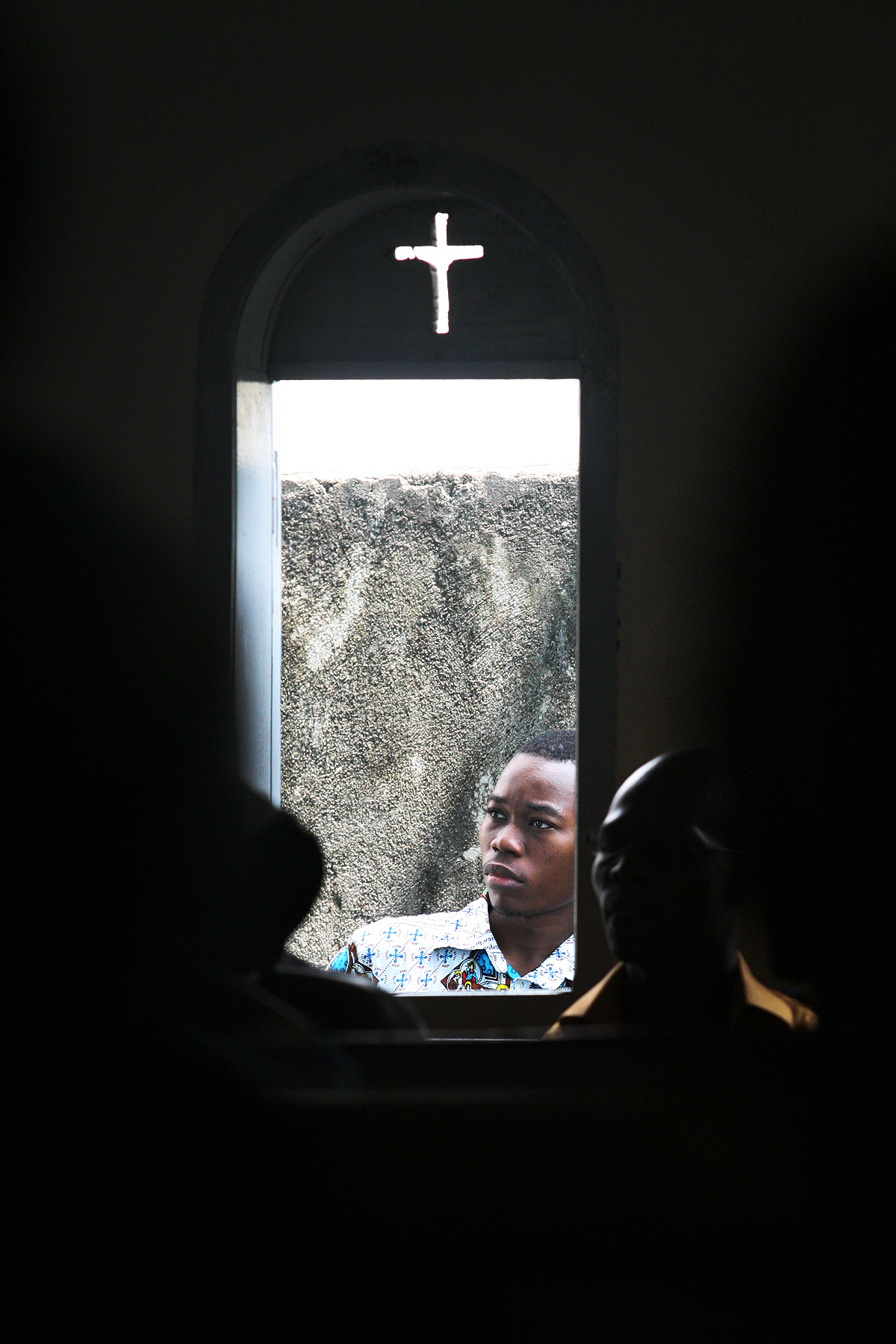
ABIDJAN, Ivory Coast (BP)–Simmering political tensions erupted into deadly violence Dec. 16 on the streets of Abidjan, Ivory Coast’s main city, as Christians called for prayer and unity.
Up to 30 people were killed by government security forces, according to witnesses and news reports, as marching protesters tried and failed to reach the state television building. Heavy gunfire was heard near an upscale hotel currently occupied by former Prime Minister Alassane Ouattara, one of two men claiming to be the duly elected president of the West African nation.
Clouds of tear gas rose from other neighborhoods where Ouattara supporters confronted government security forces. An Ivorian human rights group said police were firing on people in the city “with the intention to kill.” Troops loyal to competing presidential factions reportedly clashed in Abidjan and other cities and towns.
By Dec. 17, Abidjan’s streets were mostly deserted — except for heavily armed police — as more fighting loomed.
Ivory Coast, a once-stable nation torn apart by civil war in 2002-03, plunged into a new national crisis following a disputed presidential run-off election Nov. 28. Ouattara ran against incumbent President Laurent Gbagbo. The Independent Electoral Commission declared Ouattara the winner with 54 percent of the vote. He has been recognized as president by the United Nations, the African Union and much of the international community.
But the national Constitutional Council invalidated the electoral commission’s results, citing fraud, and Gbagbo refuses to hand over the reins of power to Ouattara. Both leaders have set up competing governments, each with armed forces. Gbagbo occupies government buildings. Ouattara sits in the cross-town hotel, guarded by U.N. peacekeepers and former rebel fighters.
“We are still in a deadlock and are praying to the Lord to intervene and bring peace and stability in the country,” said Seydou Toure, an elder at Treichville Baptist Church in Abidjan. “We have now two presidents and two governments, and people are trying to do the mediation and solve the political issue.”
Special prayer meetings are being held in Baptist churches across the country, according to Toure. There are 106 Baptist churches in Ivory Coast; 50 of them are in Abidjan.
“The people are discouraged. They are very discouraged and are affected by the situation we are going through,” Toure said. “The churches and pastors are still praying for the Lord to stretch His blessed hand upon Ivory Coast so that peace, tranquility and stability can come.”
The president of neighboring Ghana, John Evans Atta Mills, also called on Christians and Muslims in his country to pray for the people of Ivory Coast during a special time of intercession Dec. 17-19 in churches and mosques. Diplomacy can be aided, he said, by the “role the Almighty can play when we all call on Him and ask for His divine intervention.”
Every day the standoff continues, Ivorian people suffer.
“Many Ivorians live day to day, meal to meal in a good week,” an Abidjan-based Christian worker said. “If one day’s work is interrupted, it can dramatically affect their lives. We know that many of our African friends are struggling because of the immediate impact this conflict has already had on their lives economically.”
The violence, he added, reflects longstanding divisions.
“It is interesting that there seems to be the north/Muslim versus south/Christian element, but there also seem to be other dividing opinions as well, especially concerning the economics of the country,” he observed. “Overall, the Christians I know are reaffirming that ‘God is in control.’ They know there is nowhere to go and nothing else to do but trust in His ultimate will and protection.”
Meanwhile, the U.S. Embassy was one of several calling for its citizens to leave the country. Some missionaries have been advised to stay indoors by local village leaders until tensions ease.
The election was intended to unify the country after the civil war divided it. The opposite appears to be happening.
“We are praying that God will give us a solution and choose the person that He desires,” said a Christian worker who lives in the north. “Since the civil war here back in 2002-03, the hearts of the people are deeply divided. The people in the north feel like they’ve never had a voice and the ones in the south have been the ones to have all the power and voice.
“This [crisis] is indicative of the divided opinions in the country. Pray for peaceful hearts, for people to accept the results, and for them to be able to voice their opinions peacefully, and that they would agree to work together in the government however it is resolved, for them to accept it and work with that government in a peaceful way.”
The worker also asked Christians to pray for open hearts.
“People are not as openly friendly right now…. What we have seen here in the past 10 years that we have been working here is a surface welcome, which is very characteristic of the region, and underneath a pretty strong resistance. Pray for God to open hearts and open doors for the Word to go out, and for people who know the truth to have the courage to speak out. Pray that there will be freedom to proclaim the Word and that people will be free to hear it.”
–30–
Compiled by International Mission Board staff.














